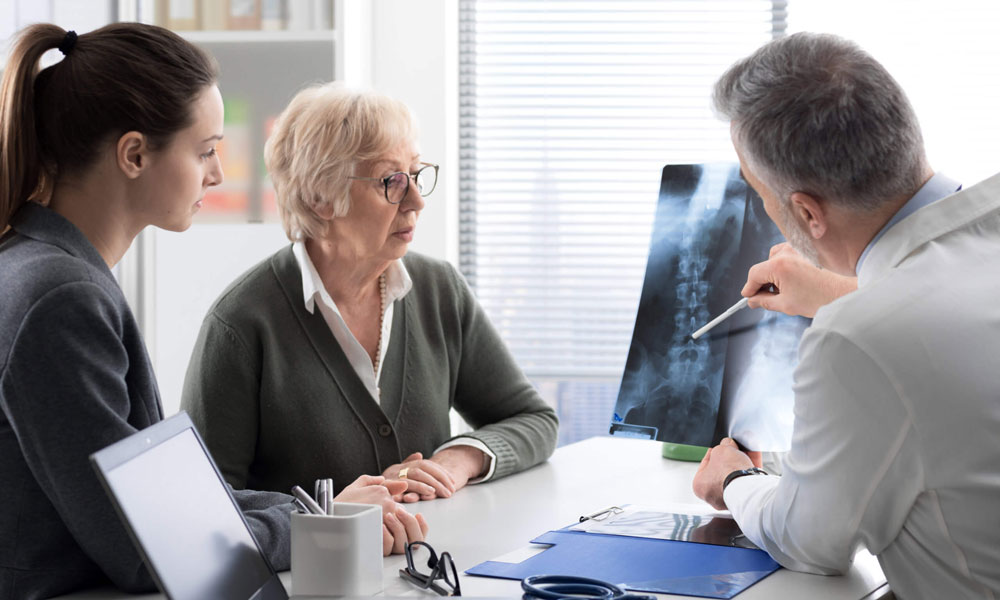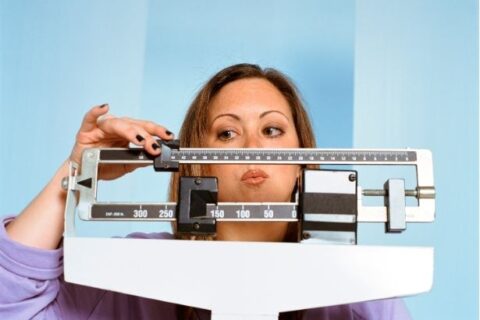About Osteoporosis and Its Effects on Height
Age brings wisdom, but it also brings health issues. While people are familiar with arthritis, there are actually several different types. If you’re wondering, “Why am I getting shorter?”, osteoporosis could be the cause. Here are more details about the condition.
Shrinking Over Time
As we age, bone density and muscle decrease. The vertebrae in the spine become weakened and collapse or compress due to less cushioning and lubrication, and the spine itself curves.
While not everyone shrinks with age, on average, people lose a quarter to a half-inch of height every decade after the age of 40. Women lose over 3 inches in height by age 80 whereas men lose 2 inches by the same age.[1]
Height loss from osteoporosis increases the risk of hip and other fractures.[2] Poor health and nutrition exacerbate height loss. Other factors that increase the risk of shrinking with age are previous injuries and skeletal conditions.
Are you wondering, “Do legs get shorter with age?” The answer is no, they don’t. It’s the spinal vertebrae that shrink and not the length of the leg bones.
Symptoms of Osteoporosis
Some common osteoporosis symptoms are:[3]
- Chronic back pain or pain in the neck, hip, or wrist
- A stooped posture
- Rapid or significant height loss
- Bones that easily fracture or break
Diagnosing and Treating Osteoporosis
Bone density testing (a DXA scan) determines whether yours is below normal and, hence, shows osteoporosis.[4] If the patient is a premenopausal woman, a young man, or a child, additional testing is necessary.
Osteoporosis affects more women than men. Genetics is a big factor in your likelihood of losing height. This means that there’s no answer on how to prevent shrinking.
Another common question is, “Can you regain lost height?” Treatment involving lifestyle changes and medication prevent further bone density loss, and depending on the treatment can help you regain some of your lost height. This is especially true if you are suffering from skeletal conditions that can be manipulated into alignment.
Specialists Can Help
Don’t wait until you have severe pain or an injury to find out if you have osteoarthritis. It is especially important to get tested for osteoporosis if you are 65 and over. If you have experienced shrinking with age, contact us at Brevard Health Alliance today for a thorough, early, and affordable health screening.
References:
[1] https://www.berkeleywellness.com/self-care/preventive-care/article/why-you-shrink-you-age
[2] https://www.sciencedirect.com/science/article/abs/pii/S187998172030019X
[3] https://www.mayoclinic.org/diseases-conditions/osteoporosis/symptoms-causes/syc-20351968
[4] https://www.nof.org/patients/diagnosis-information/bone-density-examtesting/

















































































































































